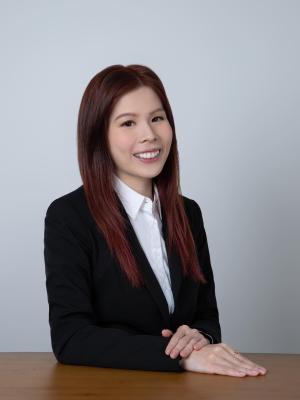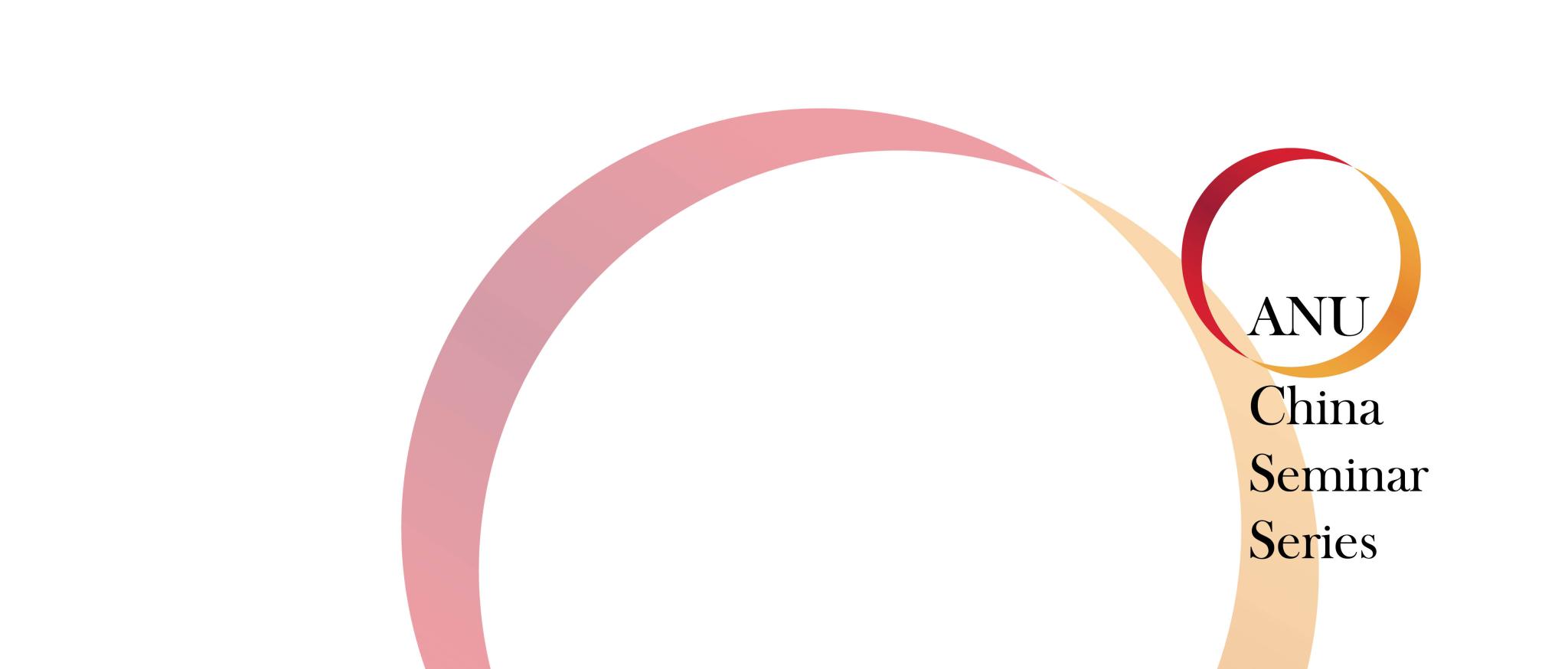This talk examines how the Chinese Communist Party (CCP) expanded its influence, through left-wing schools in Hong Kong during the Cold War, from 1949 to 1972, and documents how the Hong Kong colonial state contended with this ‘threat’. Struggles between anti-colonial nationalism and colonialism occurred in many parts of the world, with young people being a critical target audience. In Hong Kong, due to geopolitical dynamics and under-developed educational infrastructures, the colonial administration created a relatively permissive environment which enabled the spread of communist ideologies through a sizeable minority of left-wing primary and secondary schools.
The talk argues that CCP agents exploited this administrative framework to win over young hearts and minds to the anti-colonial struggle and to Maoism. Using data on enrolments and examining the curriculum and the extra-curriculum activities of these schools, it estimates the influence of left-wing schools. Leftists educators however were restrained by the geostrategic interests of Communist China, with periods of radicalisation and de-radicalisation linked to events happening in mainland China. They were also constrained by ad hoc control measures by the colonial authorities. However, the left-wing influence was only outcompeted with the introduction of free public schooling. This talk, which draws on British government archival records and memoirs of former leftists, contributes to debates about the particularistic forms of Hong Kong’s Cold War.
The ANU China Seminar Series is supported by the Australian Centre on China in the World at ANU College of Asia and the Pacific.
Event Speakers

Florence Mok
Florence Mok is a Nanyang Assistant Professor of History at Nanyang Technological University, Singapore. She is a historian of colonial Hong Kong and modern China, with an interest in environmental history, the Cold War and state-society relations. She completed her PhD at the University of York.
